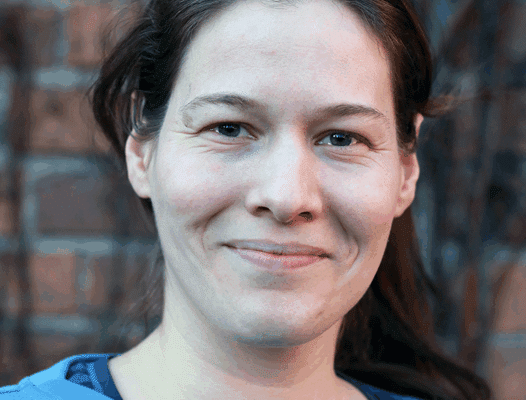- Research
- Research Grants
Professor Xavier St-Denis obtained nearly $70,000 in funding for this research study.

The importance of the reproduction of inequality between generations has frequently been associated with family income disparity and intergenerational transmission of income.

A research team from the Institut national de la recherche scientifique (INRS), composed of Professor Xavier St-Denis and researchers Gaëlle Simard-Duplain and Winnie Yang, is beginning to work on a study of the gendered dimensions of social mobility in Canada. This project received $69,980 in funding through an initiative of the Canadian Research Data Centres Network and Women and Gender Equality Canada.
In recent years, the importance of the reproduction of inequality between generations has frequently been associated with family income disparity, and more specifically with the intergenerational transmission of income from parents to their adult children. Researcher in social sciences have often examined the role of education in this process. The INRS team will look at the role of other factors underlying the dynamics of social mobility and intergenerational transfer of income.
The two years joint funding will broaden the understanding of these issues.
“Among other things, we will seek to understand how the particular challenges faced by women, including single mothers and women of immigrant background, contribute to limiting their social mobility opportunities and that of their children.”
Gaëlle Simard-Duplain, researcher at the Urbanisation Culture Société Research Center
A context beyond income
Previous research has shown that appropriate government policies can mitigate this reproduction of intergenerational inequalities. These policies would allow all children to benefit from the same opportunities, regardless of their parents’ socio-economic status. This means that, for example, children who grew up in low-income families would have a chance to move out of poverty when adults.


Xavier St-Denis’ research project will address the concept of social mobility in four studies that will focus on the following issues:
- How does the intergenerational transmission of income vary according to the gender of the children? In particular, what role does the employment status of mothers play as a factor associated with the income level attained by their daughters? And to what extent does the formation of couples between individuals born into families with similar income levels contribute to the reproduction of inequalities, especially given that individuals from higher-income families tend to form couples with individuals whose parents also have high incomes, even in cases where the individual income of the spouses differs widely?
- Do fluctuations and volatility in parental income at different ages have an impact on children’s level of educational and socioeconomic status beyond the level of parental income? In this context, what are the real impacts of the main income support programs in Canada?
- Are children of immigrants (those who arrived in Canada before the age of 15 or those born in Canada to first-generation immigrant parents) more or less likely to emerge from low-income situations than children of Canadian-born parents? And are there entrenched differences in inequality at the intersection of gender and immigration status?
- Do individuals in same-sex couples experience different social mobility dynamics than those in different-sex couples?
“In addition to focusing on gender differences, our research will shed light on how the intersection of gender and sexual orientation influences social mobility among sexual minorities.”
Winnie Yang, researcher at the Urbanisation Culture Société Research Centre



